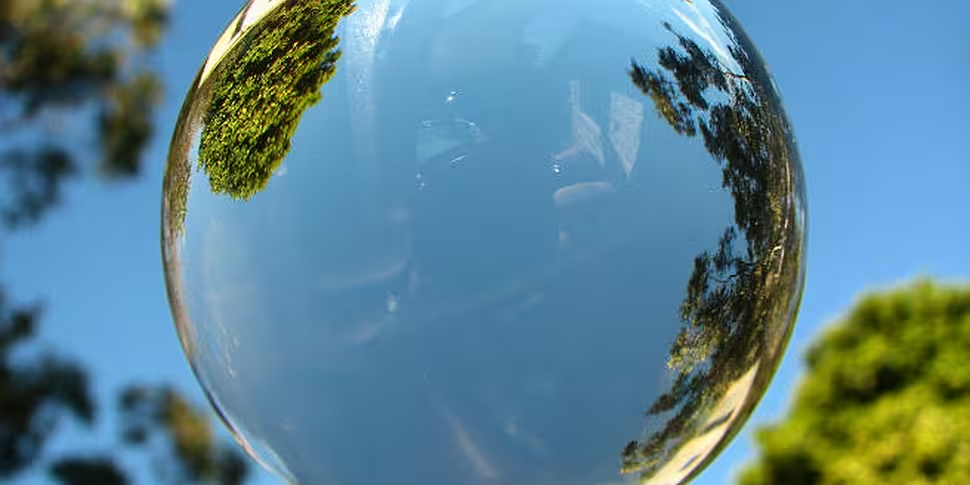On the NPR TED Radio Hour, Sunday 28th December, Newstalk FM:
Visions of the future don’t just have to come from science fiction. There’s very real technology today giving us clues about how our future lives might be transformed. So what might our future look like? And what does it take for an idea about the future to become a reality? This week, TED speakers make some bold predictions and explain how our future lives might look.
Call it extremely personalized medicine. Tissue engineer Nina Tandon explains how in the future, we'll be able to grow replacement organs from our very own cells. Even better, the same technology will help develop custom designed drugs.
Do you know your genome? It might not be such an usual question in the future. Entrepreneur Richard Resnick says genome sequencing is going to get cheaper and faster and will turn healthcare, and perhaps politics, upside down.
The world is becoming increasingly open, and that has implications both bright and dangerous. Marc Goodman works to prevent future crimes and acts of terrorism, even those security threats not yet invented.
Todd Humphreys forecasts the near-future of geolocation when millimeter-accurate GPS "dots" will enable you to find pin-point locations, index-search your physical possessions or track people without their knowledge.
Researcher Sebastian Thrun helped to build Google's amazing driverless car, which he says will not only revolutionize how we get around, but also save lives.
How do you predict the future? In 1984 technology leader Nicholas Negroponte accurately predicted some of the most prevalent devices we use to day. Negroponte explains how he makes predictions with great confidence.
The NPR TED Radio Hour on Newstalk 106-108 FM, this Sunday at 6pm
Listen back to TED Radio Hour 'Predicting the Future' here.









